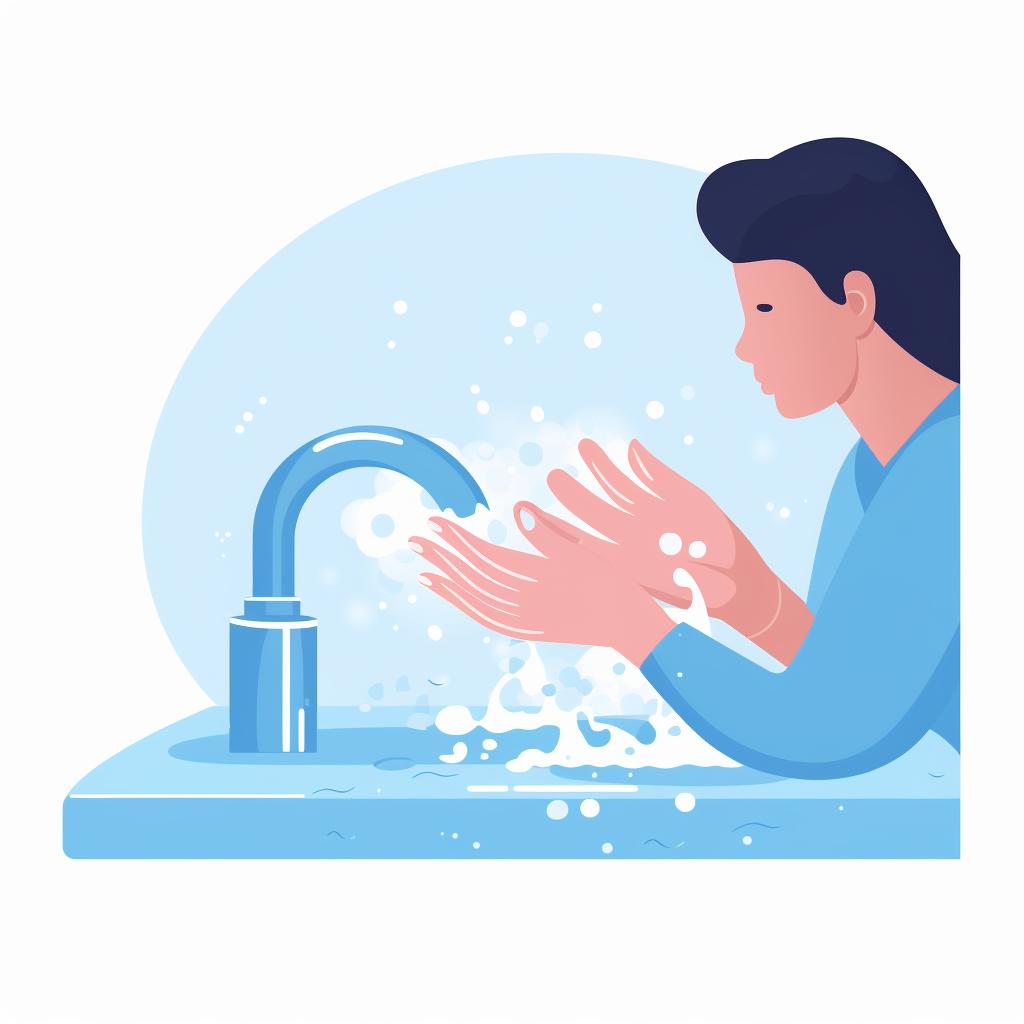🐱 Steps to Manage and Overcome Cat Allergies
Living with a cat when you have allergies can be a challenge, but it's not impossible. Our step-by-step guide above provides you with practical ways to manage and possibly overcome your cat allergies. But let's delve a bit deeper into each step, and explore some additional resources that can help you live harmoniously with your feline friend.
Understanding Cat Allergies
Firstly, it's important to understand what triggers cat allergies. Allergies occur when your immune system overreacts to certain substances, and in the case of cat allergies, it's usually proteins found in a cat's skin cells, urine, and saliva. These allergens can linger in the environment for a long time, which is why reducing exposure and maintaining a clean environment are crucial steps.
Reducing Exposure
Reducing exposure doesn't mean you have to avoid your cat completely. It's about finding a balance that minimizes your symptoms without compromising your relationship with your cat. For instance, you might designate certain areas of your home as 'cat-free zones', or invest in a high-quality air purifier to help remove allergens from the air. For more tips on managing cat allergies, check out our natural ways to get rid of cat allergies.
Maintaining a Clean Environment
Cleaning regularly is a must when you have cat allergies. This includes vacuuming carpets, washing bedding, and cleaning surfaces to reduce allergen accumulation. You might also consider making some changes to your home, such as replacing carpet with hard flooring, which is easier to clean and less likely to trap allergens. Learn more about maintaining your cat's cleanliness and health here.
Considering Allergy Shots
Allergy shots, or immunotherapy, can be an effective way to manage severe cat allergies. They work by gradually exposing your body to small amounts of allergens, which can help your immune system build up a tolerance. However, they're not suitable for everyone, so it's important to consult with an allergist. Read more about how allergy shots can effectively treat cat allergies.
Practicing Good Hygiene
Good hygiene practices can go a long way in managing your cat allergies. This includes washing your hands after handling your cat and avoiding touching your face. You might also consider bathing your cat regularly to reduce allergens, although this can be a challenge as many cats dislike water. For more information on managing your cat allergy, visit our FAQ page.
Monitoring Your Symptoms
Finally, keeping track of your symptoms can help you understand what triggers your allergies and whether your management strategies are working. If your symptoms worsen, it's important to seek medical attention. You can learn more about the duration of cat allergy symptoms here.
Remember, every person and every cat is unique, so what works for one person might not work for another. It's all about finding the right strategies that work for you and your feline friend.















